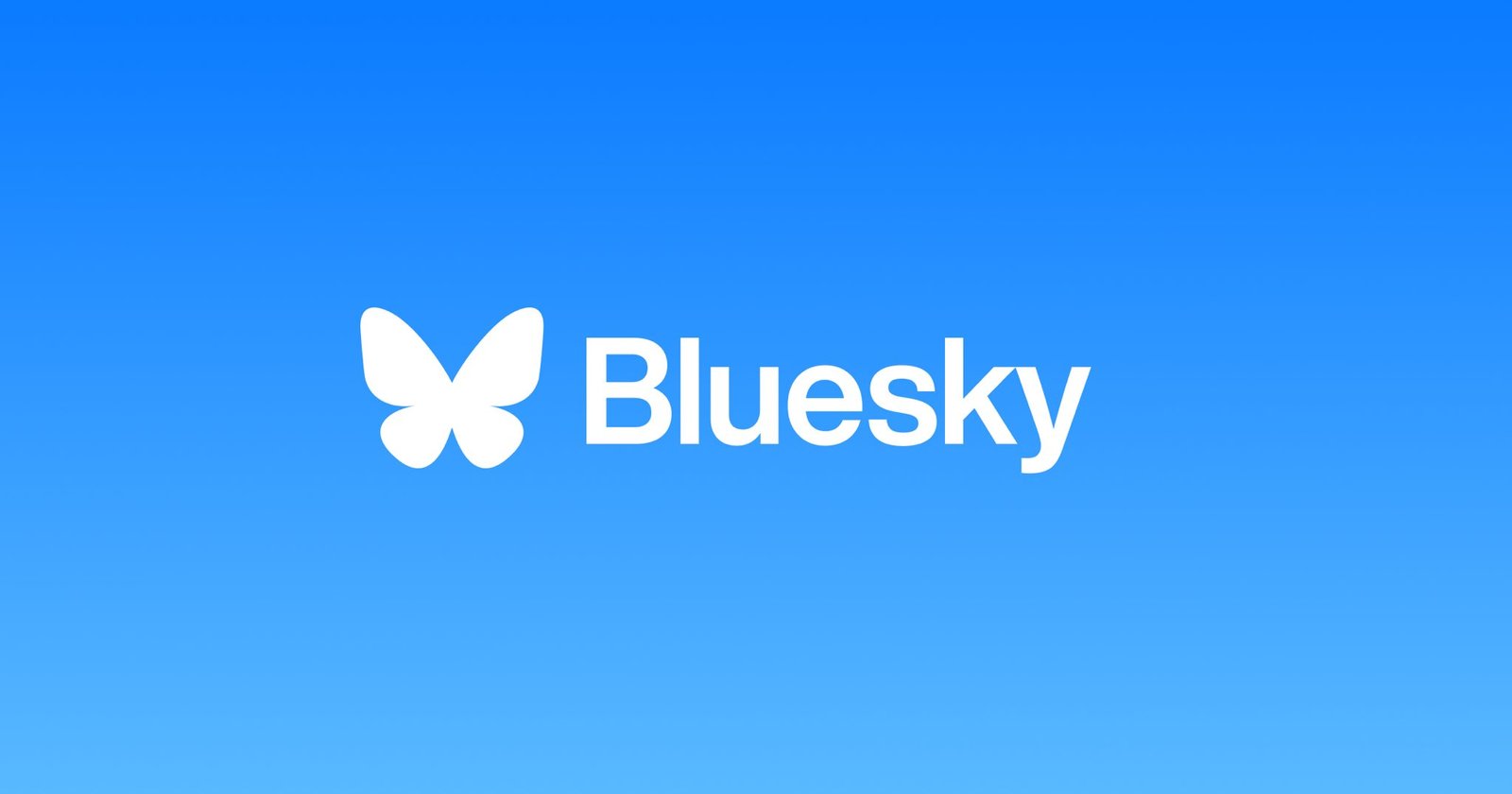Bluesky, a young social media platform, has rapidly grown during the last week. Many left-leaning users of “X” (formerly called Twitter) have been departing the platform for Bluesky in a movement dubbed “X-odus.” The movement comes after the owner of X, Elon Musk, helped Donald Trump regain the presidency. Musk’s efforts to support Donald Trump were most plainly displayed in the large amount of financial support personally put into America PAC, the super PAC created by Musk that spent about $200 million to help Trump’s election efforts. More discretely, Musk allowed and pushed disinformation on X that benefited Trump, a fellow disseminator of disinformation who owns the social media site Truth Social. Now, disinformation is spreading on Bluesky, and it’s not coming from Musk or Trump.
The rapid spread of false information on Bluesky from its largely left-leaning new users is creating a disinformation chamber that will resemble the problem that caused these users to leave behind X. I left Twitter (now called X) two years ago because I believed Elon Musk would allow it to become a disinformation machine of the political right. Now, I fear Bluesky will become a disinformation machine of the left.
Posts from left-leaning accounts on Bluesky celebrate Bluesky as an echo chamber. One well-received post identified Bluesky not as an echo chamber but as a “surround sound for facts.” Bluesky’s “customs feeds” feature significantly contributes to this dynamic of confirmation bias. Through the feed generator, users can join or create “feeds” that show the user posts and accounts associated with that feed. These feeds can be as broad as posts from verified news organizations to niches, like pictures of cats. The different feeds users can join are helpful for receiving information concerning a particular area of interest. However, there is risk. A study published earlier this month analyzed the activity of the initial four million users of Bluesky. The study suggests that feeds and user-influenced algorithms can produce disinformation, misinformation, opinion polarization, and political segregation.
I had not previously seen much evidence of these dangerous outcomes on Bluesky. However, after logging into Bluesky recently, I was bombarded by posts claiming that Bluesky had banned Andrew Tate, the misogynistic internet personality possessing a devoted following of young men. It was not a custom feed pushing these posts. It was Bluesky’s default feed, “Discover,” which, according to Bluesky, “mixes in a global view of what’s trending in the network with posts from accounts you follow and posts from accounts near your social graph.” I was not following any of these users posting about the banning, but Bluesky showed them to me because they were popular with Bluesky users.
A user called BladeoftheSun appears to have been the first well-followed disseminator of this disinformation.
The next day, George Takei, known for his role in Star Trek and online political commentary, posted about the ban to his 700,000 followers. George Takei is the third-most followed account on the site, according to Bluesky Stats.
I continued to see posts about this banning, but users only celebrated; no questions or evidence appeared. I hoped one user would provide a screenshot of an Andrew Tate post or a claim of what he did to be banned. Users also posted of Tate lamenting in posts on X about his Bluesky ban. But a review of his account on X showed no mention of Bluesky.
Bluesky appears to lack the ability to moderate disinformation currently. In a thread last week, Bluesky’s moderation team admitted that they are overwhelmed with moderation reports, and are trying to hire more employees to respond to them. In the same thread, the moderation team reported receiving 42,000 reports in the previous 24 hours. At that pace of reporting, it would take just over a week for Bluesky to receive almost as many reports as it did in 2023. Since Bluesky shared this number on November 15, it has grown from 17 million users to 20 million users as of November 19. In the last two months, Bluesky’s number of users has doubled. Bluesky is growing rapidly, and its inability to moderate adequately will allow users to share more disinformation of greater consequence.
Many users on Bluesky seem willing to justify the development of a left-wing echo chamber on Bluesky. But are we any better than those whom we criticize on the right for blind acceptance if we come to do the same? We have seen and tried to limit the harm created by disinformation concerning vaccines, elections, and more. Many of us on the left saw the consequences of disinformation in the presidential election results. Some users on Bluesky have labeled the platform as “The Resistance” to Trump and Musk. If we want to resist the effects of disinformation from people we identify against, we can’t also push and succumb to disinformation. If we fail to interrogate information presented to us, we contribute to the very disinformation that has led us to our current political moment. In this moment, we need truth.

Leave a Reply